Opportunities for Innovation and Collaboration in the ASEAN.
A couple of weeks ago I had the opportunity to attend the World Economic Forum on the Association of South East Asian Nations (ASEAN) in Kuala Lumpur, Malaysia. I was selected to be one of the fourteen Global Shapers (an initiative of the World Economic Forum with over 500 Hubs around the world) to represent young voices at the event. I applied to go because I wanted to know more about South East Asian nations due to their proximity to Australia. I had been to a handful of countries in the region previously, but I did not know much about the region, its economy, its advantages, and its challenges. I was a little unsure of what I had to contribute, as I didn’t know much about the region despite living in such close proximity (by Australian standards) to these nations. I went with an open mind to learn and absorb as much as possible over the two day conference.
I arrived the night before the event and was met by four other Global Shapers from Auckland, Hong Kong, Manila, and Perth ready to go to a dinner event organised by the Kuala Lumpur Hub. Upon arrival, we were met with a buzzing atmosphere filled with warmth (not just from the weather) and welcome from thirty other Global Shapers. I introduced myself to everyone around the room and was blown away with the calibre of people I was meeting. We had Shapers representing Lahore (Pakistan), Ho Chi Minh City (Vietnam), Yangon (Myanmar), Singapore, Jakarta (Indonesia), Ulaanbaatar (Mongolia), Osaka (Japan), and more.
As I started to get to know some of these people, there was one common theme that came to light: they were all purpose-driven in their work and personal life (sometimes the line being blurred), and they all faced the same issues around startups that we do here in Australia, including funding, access to mentors, commercialising, and scaling. The more we spoke about everyone’s passions and work, the more I realised that Australia needs to be sure to keep a global perspective. The opportunity is ripe in South East Asia and the appetite for startups is a big.
Over the next two days, I proceeded to learn more about ASEAN and understand the opportunities and risks for the region. Did you know that the collective population of ASEAN’s ten member states is greater than 600 million people (half of whom are under 30), making it the world’s third-largest market? If the region was a single country, it would be the seventh-largest economy in the world, and is set to become the fifth-largest economy by 2020.
The focus of the meeting was on inclusion and growth, speaking volumes to the social and environmental problems they face. This means that the opportunity for purpose driven businesses is huge for the region and for Australian startups helping to solve social and environmental problems. I think that as a nation we always need to keep a global context in mind, and not limit ourselves to just thinking about the Australian, United States, and United Kingdom markets.
We could have a much greater impact if we just looked to our neighbours and collaborated to find solutions to our shared problems of climate change, social inclusion, and gender equality. Looking forward, I hope to be a part of fostering this collaboration, and to connect with and encourage people with incredible solutions to the major challenges faced by the ASEAN region.











